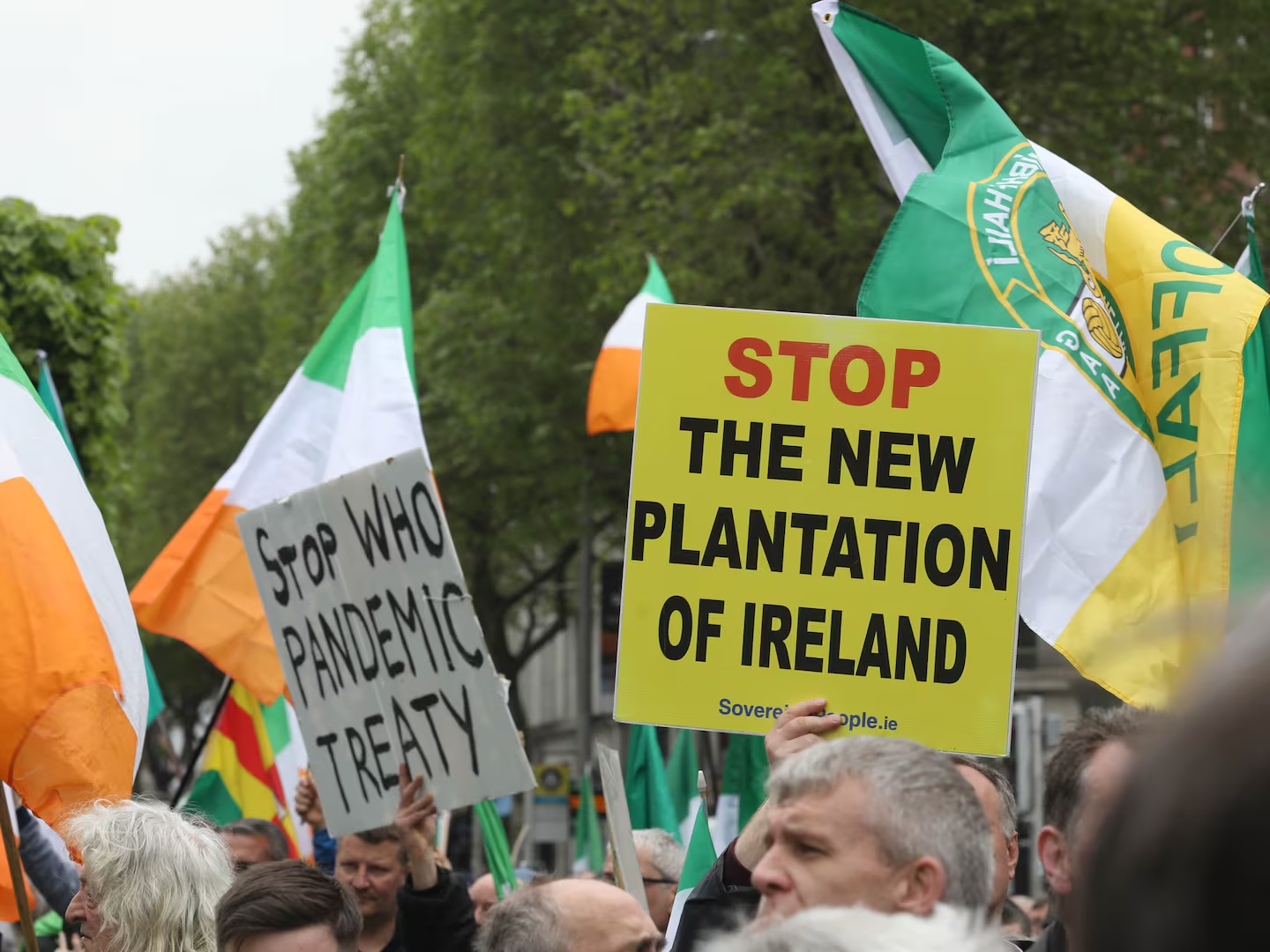Far Right Candidates Failed To Secure A Single Seat

Far Right Candidates Failed To Secure A Single Seat
Text: Izzy Copestake
Some candidates have already turned to conspiracy theories to explain their loss.
In the aftermath of Ireland’s 2024 general election, far-right candidates emerged as some of the biggest losers, failing to secure a single seat. This result is particularly notable given the backdrop of a year marked by multiple anti-immigration protests, record numbers of asylum seekers entering the state, and immigration dominating public discourse. While much of the world has seen a shift to the far right in response to similar issues, Ireland bucked this global trend in this election.
More than 60 far-right candidates stood for election, many under the banner of the “National Alliance”, which includes the National Party, Ireland First, the Irish People, and a number of Independents. However, their efforts were met with resounding rejection at the polls. Even high-profile figures such as Independent Gavin Pepper and Derek Blighe of Ireland First failed to gain traction, with both receiving low vote counts compared to their competition.
Despite immigration being a polarising topic, the far-right’s message failed to resonate with voters. which may be down to a combination of Ireland’s relatively low historical support for far-right ideologies and skepticism of the National Alliance’s divisive rhetoric. Instead of capitalising on voter concerns, the far-right appears to have alienated the broader public.
In the wake of their defeat, some far-right candidates have turned to conspiracy theories to explain their poor performance. Online forums have been rife with claims that the election was “rigged” against them. Among these accusations was a claim by Independent Councillor Malachy Steenson, who alleged that notorious gangland figure Gerry “The Monk” Hutch was used as a political decoy to siphon votes away from him in Dublin Central.
Ireland’s rejection of the far right comes as a notable difference from the global political landscape, where many countries have seen the rise of similar movements translated into government. As Ireland moves forward, the far-right’s electoral failure sends a strong message: divisive and fear-based politics have little room in the country’s evolving democratic landscape. Whether this trend will hold in future elections remains to be seen, but for now, far-right candidates remain on the fringes of Irish politics.
Elsewhere on District: Gardaí Are Expanding Online Monitoring To Combat Far-Right Extremism